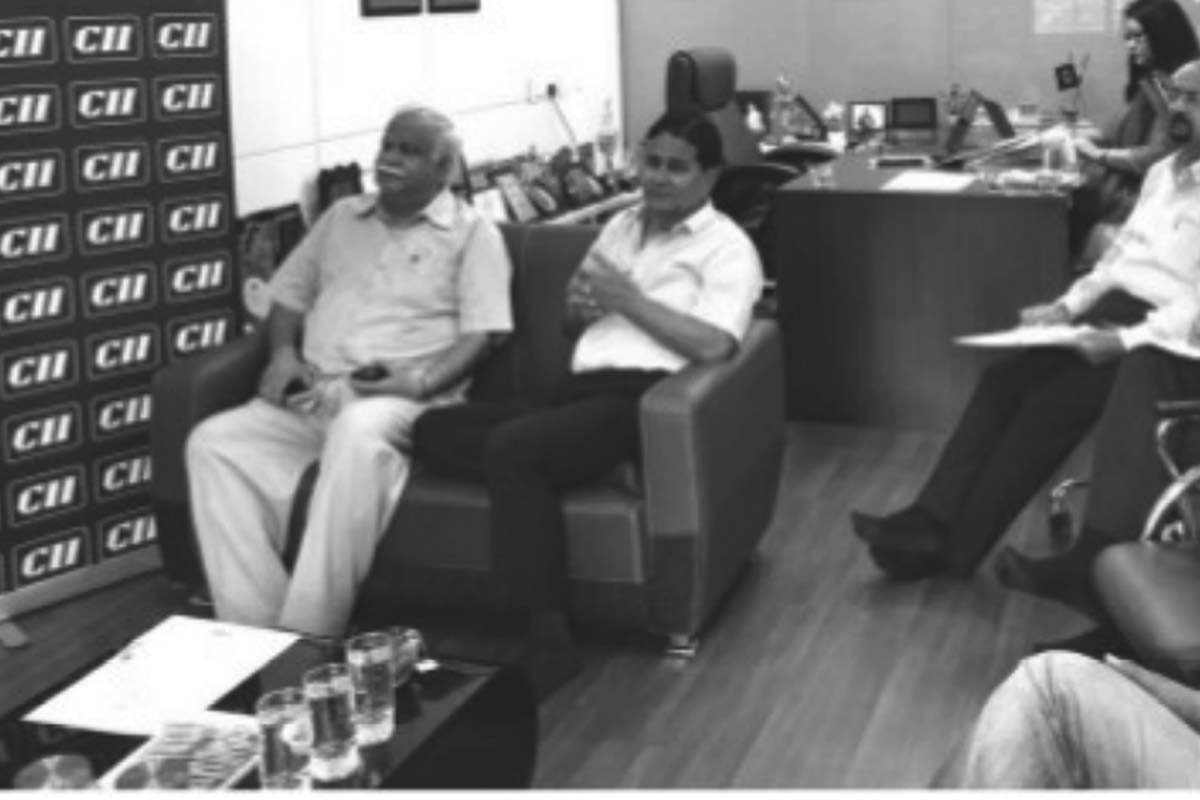As Union Finance Minister Nirmala Sitharaman unveiled the country’s budget today, planters in north Bengal had been hoping for some kind of a relief for the tea industry, given the fact that Ms Sitharaman had earlier visited the tea plantations in the region and held meetings with stakeholders of industry when she was the minister of state for commerce and industry. However, after watching over two-hour-long budget speech on television, members of the Confederation of Indian Industry (CII), north Bengal, were upset as the minister did not utter a single word for the tea industry
Planter Satish Mitruka, who is associated with the Bhatpara Tea Estate in Alipurduar, reacted promptly as Ms Sitharaman proposed a 2 percent TDS on withdrawal of over Rs 1 crore per year. “I am not happy with the proposal for the 2 percent TDS. It is an additional burden on a planter at a time when the tea industry is not faring so well. I cannot pay the workers by cheque as there are no bank branches in the tea garden areas,” said Mr Mitruka.
Advertisement
Mr Mitruka also explained how the cost of tea production will increase following the hike in prices of petrol and diesel. Another industrialist, Ratan Bihani, categorically pointed out to problems on the decision to impose the 2 percent TDS and other specific issues, even as he termed it a “mixed budget that will have a long-term effect.”
“No good news for north Bengal from this budget,” Mr Bihani said. The former chairman of the CII, KK Tiwari, said: “We had expected more from Nirmala Sitharaman, as she was here earlier and she held a meeting on the tea industry. But there is no good news for the tea industry in north Bengal.” The CII, zonal office head, Laxmi Limboo Koushal, however, appreciated the Union minister’s “steady speech” and decision to promote women empowerment, terming it ‘Nari to Narayana’ for the development of rural economy in India.
On the other hand, CII Chairman Anand Agarwala said: “We had not expected more, since an interim budget had been tabled before the elections. There are many positive sides and negative sides in today’s budget. It is an average budget, and it will have long term effects and benefits.
The decision to develop infrastructure as well as connectivity by rail, road or other mode of communication must be appreciated. There are some initiatives in higher education, new labour laws to maintain management and labour relationship, emphasis on medium, small and micro enterprises and skill development and others including cashless economy and housing projects.” “However, for the tea industry, there was nothing. As planters are already facing problems paying their workers, the TDS will be an additional burden on the tea industry, the condition of which is not good at present,” Mr Agarwala said.
Vice chairman, CII NB Zonal Council, Sanjit Saha explained some positive things in the budget, including the ‘Startup India and Stand Up India’ programme with a proposal to introduce a dedicated TV channel on it.
“Financial assistance for MSME was in papers, and now we can expect its proper execution as banks were reluctant to sanction the required funds,” Mr Saha said, adding, “There is a good proposal to promote 17 destinations across the country, but we don’t know whether North Bengal is among them, though this region deserves the same as a unique destination.”
CII member Sanjay Goyel, a Chartered Accountant, by profession, said: “The decision to infuse Rs 70,000 crore in public sector banks to improve cash flow is indeed a good decision that will help the economy.”
Senior CII member, Naresh Agarwal, expressed concern about some budget proposals. Another CII member Rabindra Jain said: “I had expected 28 per cent GST on cement, plywood and tiles would come down to 18 per cent. But nothing like that was mentioned.”











